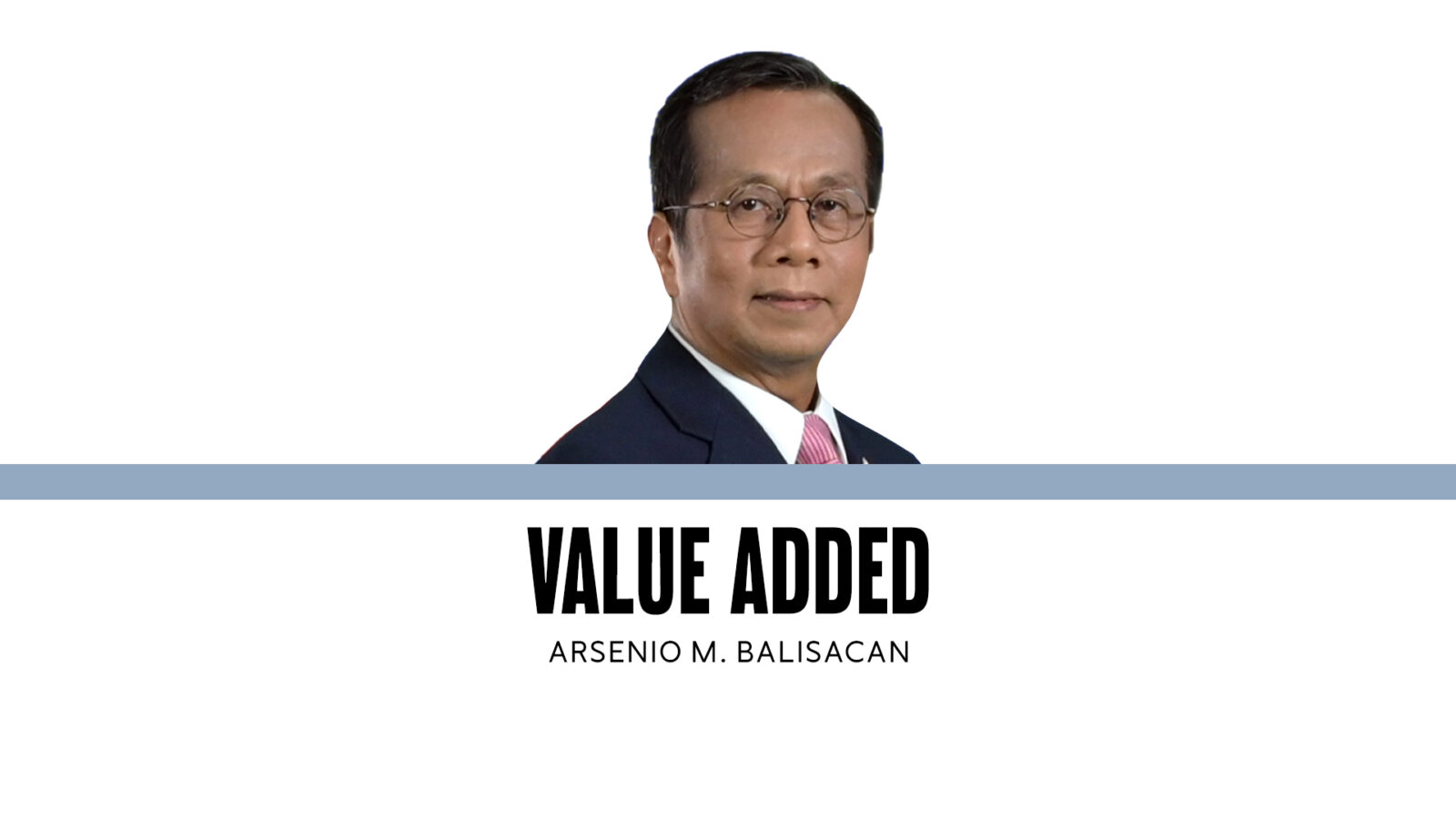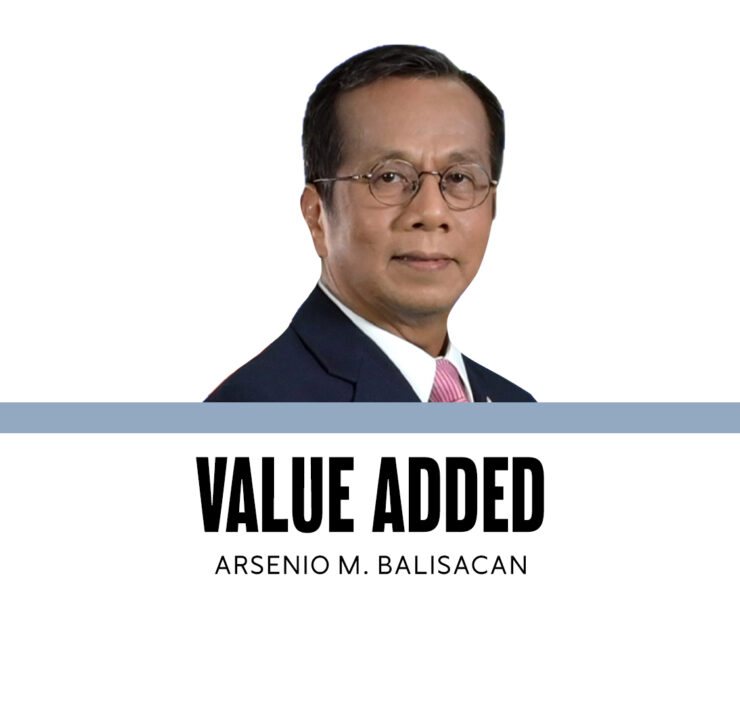The Philippine economy at a crossroads

In my keynote address at this year’s BusinessWorld Economic Forum, I spoke of a Philippine economy standing at a decisive crossroads, shaped by formidable global and domestic forces yet brimming with potential. We are living through an era of rapid transformation, and the choices we make now will determine not just the trajectory of our economic growth but the quality of our development in the decades ahead.
Geopolitical tensions are reshaping supply chains, weakening multilateralism, and casting protectionism and long shadows of uncertainty across the global economy. The rise of artificial intelligence is redefining industries and labor markets, even as it raises deep concerns over job displacement, ethical and governance challenges, privacy, and bias or disinformation. Climate change, already an existential threat, is compounding economic risks. And amid these, demographic shifts—from aging populations abroad to our growing working-age cohort—are redrawing the contours of opportunity and risk.
These megatrends are not mere background noise. They are the backdrop against which we must reimagine Philippine development. Fortunately, we do not face these challenges empty-handed. Over the past two decades, our economy has demonstrated resilience and adaptability. Growth has remained robust, poverty has declined, and our macroeconomic fundamentals are sound. Inflation is now well within target, investor confidence is rising, and our labor market continues to strengthen.
Yet, to translate this resilience into long-term prosperity, we must evolve our growth model. Our economy has long leaned heavily on household consumption and services. It is time to broaden our foundations by attracting more investments, generating higher-quality jobs, moving up the value chain in industry and services, and expanding our export base. We must also raise productivity across the board—especially in lagging sectors such as agriculture and SMEs—through technological adoption, better infrastructure, and effective governance.
This evolution demands deliberate, forward-looking policies. We must aggressively reduce business transaction costs by streamlining regulatory processes, accelerating the digitalization of public services, and rooting out inefficiencies and corruption. At the same time, we must create a more competitive environment through reforms in key sectors like electricity, water, ports, civil aviation, and internet connectivity. Our businesses cannot thrive if weighed down by inefficiencies that stifle innovation and drive up costs.
At the heart of this transformation lies our people. We must urgently address human capital gaps—starting with better health and education outcomes, lifelong learning, and strong linkages between our education system and labor market needs. We must nurture innovation not only in large enterprises but also across our micro, small, and medium enterprises. We must also forge stronger ties among the government, academia, and industry, while drawing on the expertise of our world-class diaspora of scientists, engineers, and entrepreneurs.
These priorities take on even greater urgency as we enter a window of demographic opportunity. Between 2025 and 2035, our working-age population will grow more rapidly than our dependents, presenting a powerful growth driver—if we can provide jobs, raise productivity, and ensure inclusive participation in the economy. At the same time, our elderly population is rising. The imperative is clear: act now or risk missing this fleeting advantage.
But ambition alone is not enough. Our fiscal space remains constrained, shaped by the government’s heavy borrowing during the pandemic and persistent structural demands. Therefore, we must allocate every peso in the national budget where it can generate the greatest impact. That means focusing our limited resources on the essentials: quality health care and education, food security, and infrastructure that boosts productivity and inclusion. It also means enhancing the efficiency of public spending and ensuring that programs are grounded in evidence and results.
Congress is a critical element of the fiscal equation. The executive branch and Congress must enhance coordination to ensure that the budget and revenue measures passed by the latter reflect the President’s development priorities.
These are not small tasks, but they are essential to building a more competitive, inclusive, and resilient economy. The global context may be turbulent, but it also offers a strategic moment—a chance for the Philippines to leap forward, lead in our region, and ensure that growth becomes a force for equity and opportunity.
The choices we make now will echo for generations. With vision, resolve, and unity of purpose, we can seize this moment and shape a future that every Filipino deserves.
—————
Arsenio M. Balisacan is Secretary of the Department of Economy, Planning, and Development (DepDev), formerly National Economic and Development Authority. The views expressed here are solely the author’s and do not necessarily reflect those of the institutions with which he is affiliated.
————–
ambalisacan@depdev.gov.ph


















Why US-Japan-PH maritime security ties endure